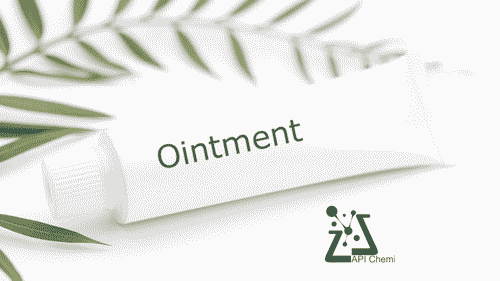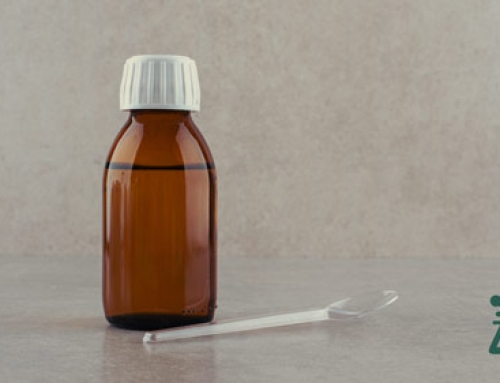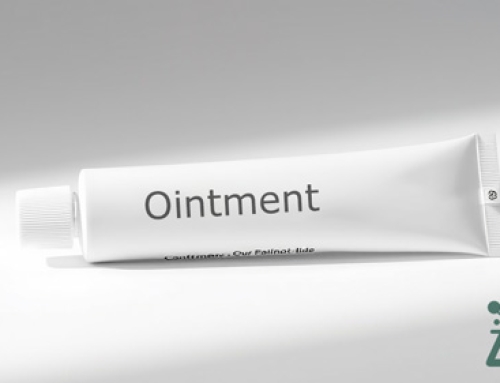Have you ever experienced skin or fungal infections? If so, you may have come across the name “Nystatin Ointment.” This topical medication is commonly prescribed by healthcare professionals to treat various skin conditions caused by fungal or yeast infections.
In this blog post, we will explore the usage and benefits of Nystatin Ointment to help you better understand how it can effectively treat these infections.

Nystatin ointment is primarily used to combat Eczema and Candida infections, a type of fungus that commonly resides on our skin and in our bodies. Candida can cause infections in areas with warm and moist conditions, such as the groin, armpits, or between toes. It can also lead to conditions like diaper rash in infants or oral thrush in adults.
So how does Nystatin ointment work? Its active ingredient, Nystatin, is an antifungal medication that helps to destroy the fungus and prevent its growth. By inhibiting the spread of the fungus, Nystatin provides relief from the symptoms of these infections and promotes healing.
How to use?
Using Nystatin ointment is relatively simple. First, ensure to apply it on dry and clean areas. Then, apply a thin layer of the ointment directly onto the infection site and gently massage it in. It’s important to follow the instructions provided by your healthcare provider or the medication’s packaging regarding frequency of application and treatment duration.
It’s worth mentioning that Nystatin ointment is strictly for external use and should not be ingested or used in the eyes or mouth. If you are experiencing oral thrush or other similar conditions, your healthcare provider may prescribe Nystatin in the form of an oral suspension or tablets.
One of the significant benefits of Nystatin ointment is its minimal side effects. In most cases, users experience little to no adverse reactions when properly applying the ointment. However, it is essential to be aware of any unexpected symptoms and consult your healthcare provider if you notice any severe allergic reactions, such as rash, itching, swelling, or difficulty breathing.
Although Nystatin ointment is generally safe to use, it is advisable to inform your healthcare provider about any underlying medical conditions or allergies you may have. This information will help them determine whether Nystatin ointment is the appropriate treatment for you or if an alternative option should be considered.
Conclusion.
In conclusion, Nystatin ointment is a trusted and effective treatment for fungal and yeast infections. Its antifungal properties and ease of use make it a go-to choice for healthcare providers in addressing a wide range of skin conditions caused by Candida. Remember to follow the instructions provided and consult your healthcare provider if you have any concerns or questions.
If you suspect yourself or your loved ones to have a fungal or yeast infection, it is always recommended to seek guidance from a medical professional. They will be able to assess the severity of the infection and determine if Nystatin ointment is the appropriate solution to provide relief and healing.



Leave A Comment